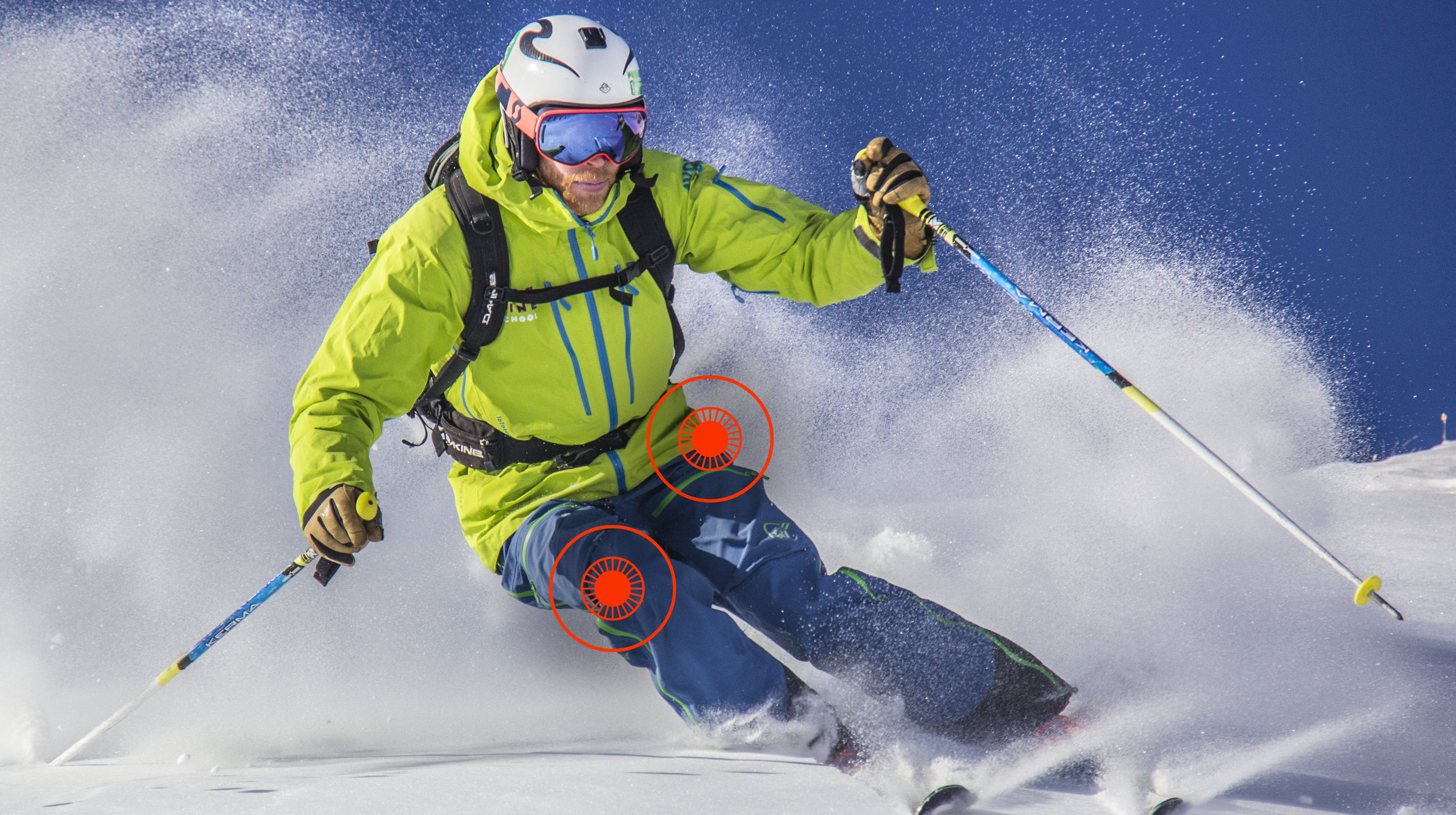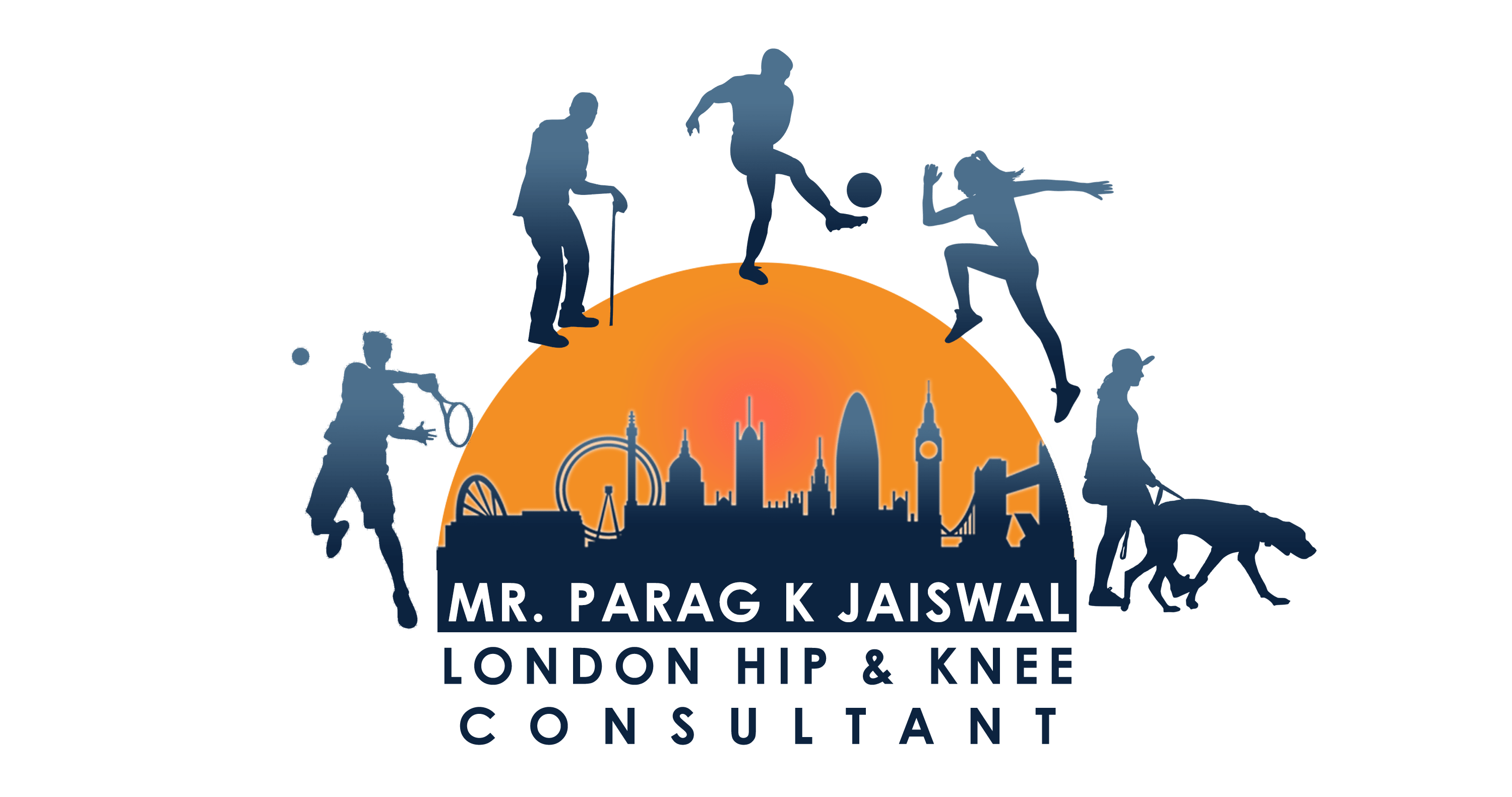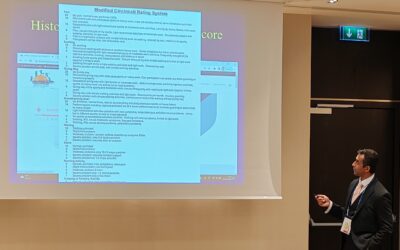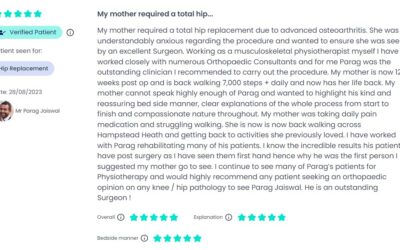
It is ski season and I am seeing a lot of patients with hip and knee injuries.
Skiing and snowboarding are Risky sports and knee injuries are common. Approximately a third of all injuries involve the knee. You might be surprised to learn that the vast majority of injuries, close to 75%, occur on-piste. Only 6% using ski lifts and only 3% occurring off-piste.
The most common knee injuries (ranked in order) are:
-
- Knee ligaments, with medial collateral ligament (MCL) most common, followed by anterior cruciate ligament (ACL). Often the two co-exist
- Meniscus tear
- Synovial cartilage injuries also co-exist with the above two
- Knee cap dislocation/subluxation (patello-femoral joint)
- Muscle tears of the calf (gastrocnemius)
Following a knee injury, the majority of patients complain of significant swelling and difficulty fully weight-bearing. You may also recall hearing a loud pop or cracking sound at the time of the injury.
It is advisable to get an X-ray at a local facility to exclude any serious bone damage. Once this has been excluded, then it is advisable to rest elevate, and regularly apply ice (but never directly on skin) and take regular anti-inflammatory medication. Usually, patients find resting the knee add about 30 degrees of flexion (knee bent) is the most comfortable position.
Persistent pain and swelling usually requires an MRI scan to confirm the diagnosis and is the investigation of choice. The scan shows any of the top three knee injuries listed above, then you may require surgery. However, you do not need to rush into surgery, especially whilst abroad. I would advise you to get repatriated via your travel insurance company back to the UK and then see a specialist.
The most important thing is to get the knee swelling down and normalise your knee movements, so that your knee can be fully straightened and bend beyond 90 degrees. This is usually supervised by an experienced, musculoskeletal physiotherapist. I work with a number of excellent physiotherapists who I regularly liaise with to map out your treatment plan.
Do I need surgery?
This depends on the type of injury and ligaments damaged. Isolated MCL injury rarely require surgery but do require special knee braces to provide optimal environment for healing. Complete ACL rupture often require surgery in patients wanting to return to pivoting sports. Meniscal injury nearly always require surgery, especially if the knee is ‘locked’.
What are the next steps?
If you are concerned about your knee and ongoing pain or swelling (regardless of the mechanism of injury) then please get in contact and book a consultation. Even if you are not insured, there are excellent diagnostic packages for self-paying patients. The package includes X-Rays, MRI and a consultation with me for £500.




